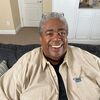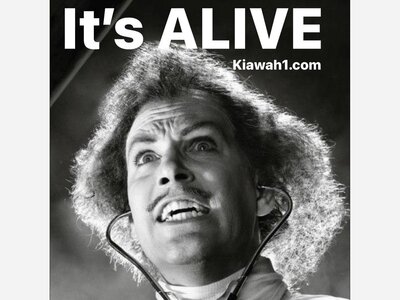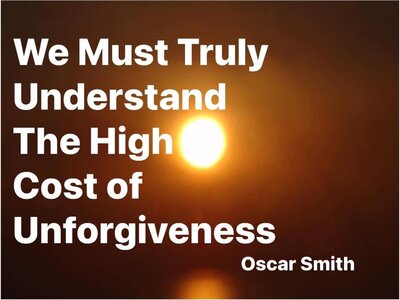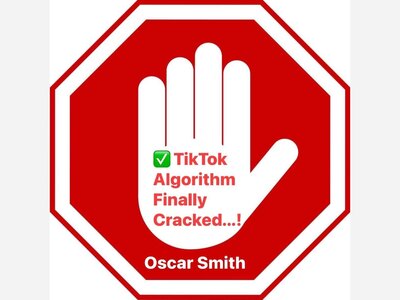Charleston urges residents to focus on brain health
Charleston Mayor John Tecklenburg on Monday announced a new city initiative to get more people to focus on caring for the health of their brain as much as they might exercise their bodies.
The community outreach effort organized by the City of Charleston’s Office on Aging seeks to help people focus on the four pillars of brain health, which Dr. Jacobo Mintzer, director of S.C. Institute for Brain Health, described as ensuring social engagement, boosting cognitive learning, doing physical exercise and improving nutrition.
“Talk[ing] about these four pillars of brain health [means] that we can, number one, be sure we know the signs and can recognize a problem when it occurs, but secondly, know the tools that can help quality of life and even provide some remedy,” Tecklenberg said at a West Ashley forum at the Lowcountry Senior Center.
“At the end of the day, we talk about quality of life — what’s more important than your health? And that includes our brain health.”
Alzheimer’s is the sixth leading cause of death in the United States, according to the 2021 Alzheimer’s Disease Facts and Figures Report. Approximately 95,000 South Carolinians are currently living with the disease.
Jamie Roper, coordinator of the Office on Aging, encouraged members of the community to incorporate the pillars of brain health into their everyday lives. The goal of the new initiative is to instill a dedication to brain health in Charleston and provide resources for families and individuals affected by Alzheimer’s disease.
“The community initiative is to have the community get active to do whatever they can do for brain health,” Roper said. “Since this is Alzheimer’s and brain health month, we want people to get engaged to look at those four pillars and say, ‘How can I change the course of my life?’ by something as simple as changing your diet, or going for a walk or learning a new dance, taking a yoga class to do stress management, to do whatever they can to promote better brain health.”
The Alzheimer’s Association has a call center available for support at 1-800-272-3900 and can connect families and individuals with support groups, said Sam Wiley, vice president of programs for the S.C. Chapter of the Alzheimer’s Association. The association offers support online with education materials that distinguish warning signs to help with early detection of the onset of the disease, as well as distinguish how Alzheimer’s differs from dementia, he said.















